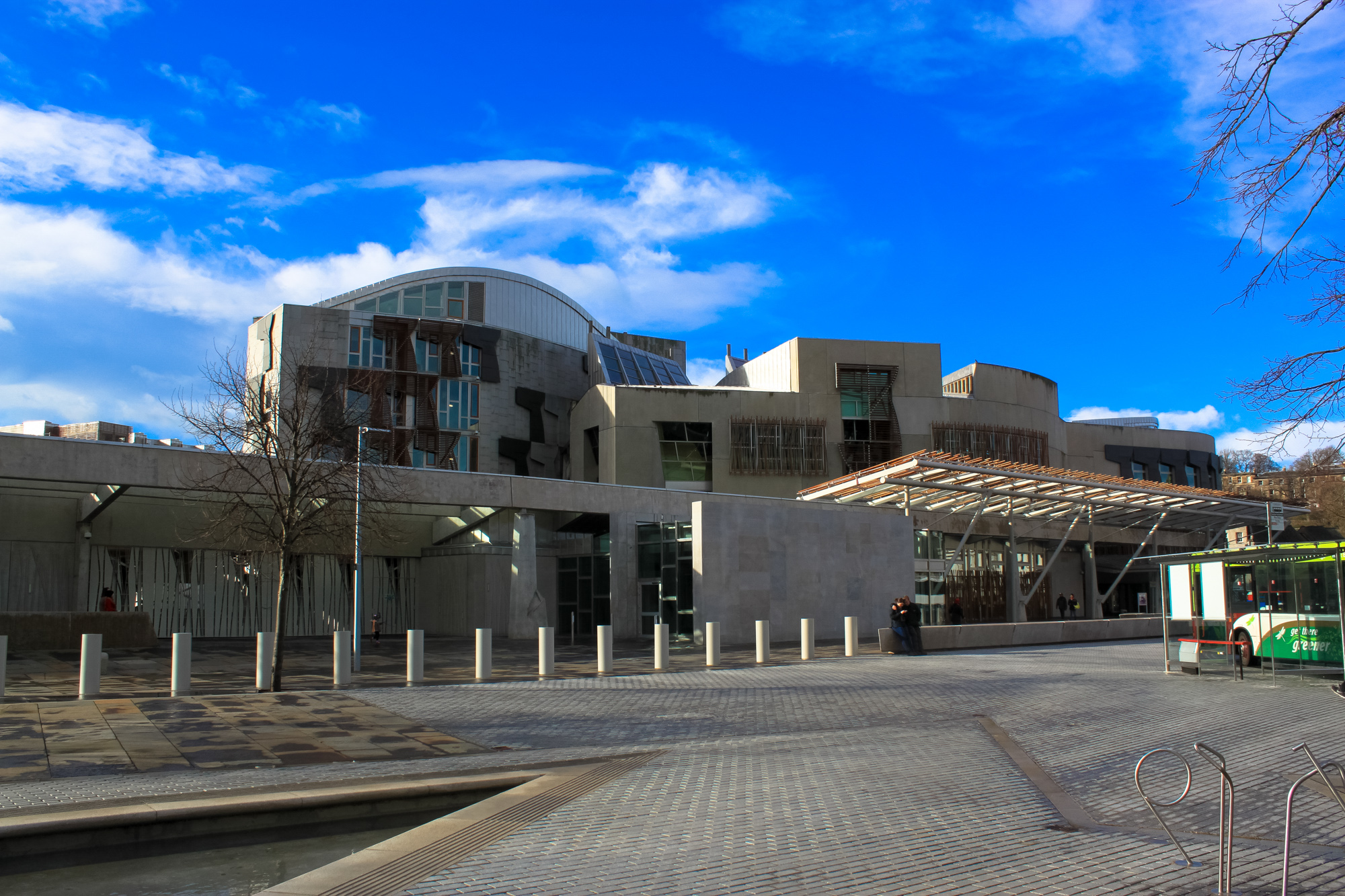Following months of protests, legal challenges and more than 100 amendments, the Scottish Parliament voted on Thursday (December 22nd) in favour of the Gender Recognition Act.
The Act, which passed by a margin of 86 to 39, removes the requirement for a medical diagnosis of gender dysphoria for a trans person to acquire a gender recognition certificate. It also lowers the age minimum for applicants to 16.
It is a victory for trans-campaigners, but not one that has come without opposition.
It has proven to be one of the only issues capable of splintering the Scottish Nationalist Party, responsible for the two largest backbench rebellions of Nicola Sturgeon’s premiership. In the final reading of the bill, nine SNP backbenchers voted against the government.
High-profile SNP politicians have expressed their opposition. Ash Regan, the former community secretary, resigned from her role on the frontbench in order to vote against the Act, while Joanna Cherry, MP for Edinburgh South-West, has also publicly stated her opposition.
Speaking after the Act’s passage, Jaime Prada, the University of Edinburgh’s LGBT+ Liberation Officer, said: “Today is a day of celebration for our community. The process for acquiring a Gender Recognition Certificate is a demanding, highly bureaucratic process that often exposes trans people to dangerous levels of stress and anxiety. This reform opens the door for trans folk to care for their mental health during an already demanding time in their lives.”
Part of the reason that the legislation has been controversial is that the debate surrounding it has grown to encompass fundamental disagreements about the definition of womanhood, the protection of women-only spaces, and what role the state should have in proscribing gender identity.
One of the most outspoken opponents of the bill is the author JK Rowling, who in October published a blog post where she criticised the government’s plans of “seeking to erode ‘woman’ as a political and biological class and offering to cover predators like few before it.” She argued that in passing the proposals, the government would be ‘making it easier for violent or predatory men to get access to women and girls.’
Yet its backers would counter that such distinctions are unhelpful and obfuscate the main goal of the legislation, which is to take some of the bureaucracy from the process of acquiring a gender recognition certificate. Prada told The Student: “[Transgender] rights are not incompatible with other marginalised groups. We need to join forces towards liberation and channel our frustration in the right direction. There is no use for marginalised groups to promote dangerous narratives against each other. This discourse is counterproductive and only impedes liberation.”
The bill’s accession into law is unlikely to end these conflicts. According to The Times, the Scottish Government look set to enter ‘a collision course with Westminster’, with UK ministers looking for ways to prevent the legislation from receiving Royal Assent.
Alister Jack, the secretary of state for Scotland, suggested that the Act could breach the 2010 Equality Act. If this is the case, under the terms of the devolution settlement, where UK-wide law takes precedence over Scottish law, the Westminster government could strike down the legislation.
Such an outcome would surely add further poison to the dire relationship between the Scottish Nationalists and the Conservative party. The former is already pre-emptively accusing Westminster of an attack on democracy.
But even if the Gender Recognition Act is not in contravention of the Equality Act, the issue will still be seen by many Conservatives as one where they can put some distance between themselves and the Labour party. Keir Starmer, the Labour leader, has declared his party’s support for gender self-identification, promising that a Labour government would extend the reforms to bring the rest of the UK in line with Scotland. The Tories will almost certainly seize upon his stance in a future campaign as evidence of Labour’s ‘wokeness’.
A battle has been won – but the war looks set to rage on in 2023.
“Scottish Parliament building” by Andy Hay is licensed under CC BY 2.0.

